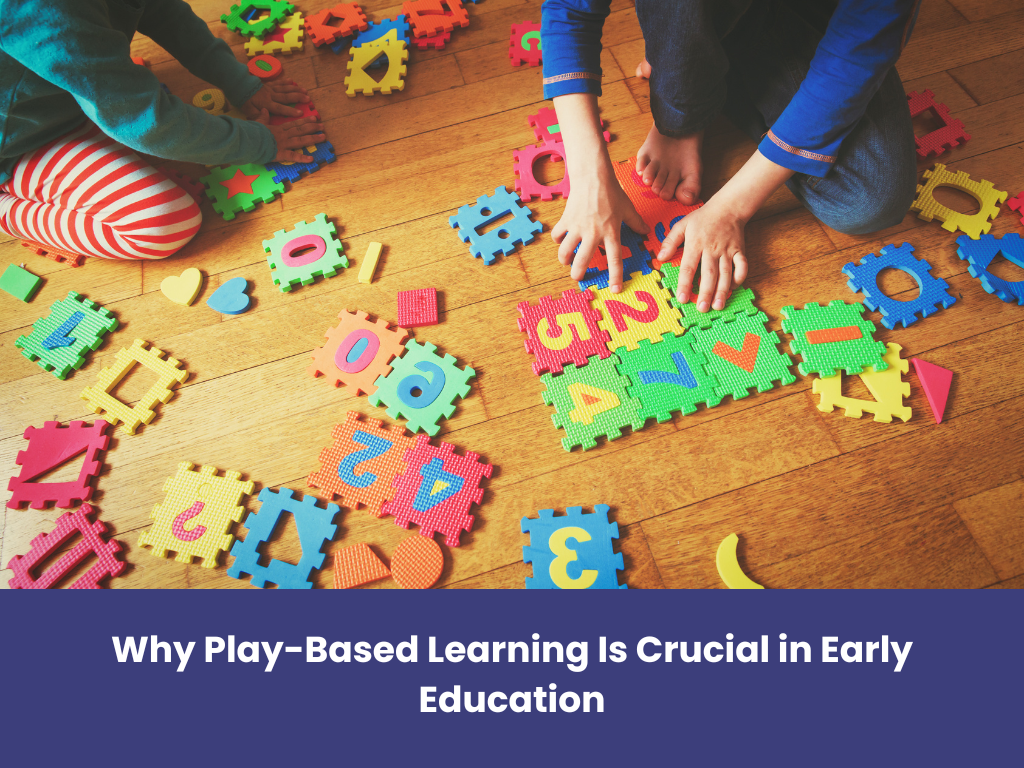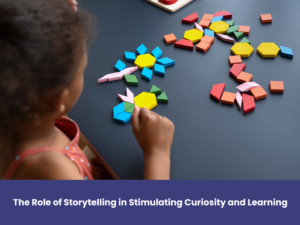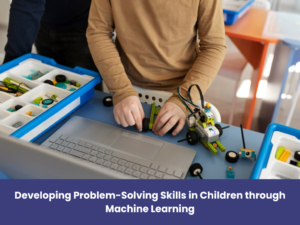Play-based learning stands at the forefront of early childhood education, championing a philosophy that melds play with learning to foster holistic development in children. This educational approach, exemplified by The Navyandhra Play School, one of the leading kindergarten in Gurugram, leverages the innate propensity of children to explore, experiment, and learn through play, turning their natural curiosity and zest for discovery into powerful learning moments. Here’s an in-depth look at why play-based learning is indispensable in the realm of early education:
Fosters Cognitive Development
At its core, play-based learning is a catalyst for cognitive growth. It propels children to engage in critical thinking, solve complex problems, and make informed decisions through seemingly simple play activities. This method of learning demystifies the world around young learners, laying a solid foundation for academic disciplines such as mathematics, science, and literacy. Moreover, it nurtures an inquisitive mind, encouraging children to question, hypothesize, and seek answers, thereby fostering a lifelong love for learning.
Enhances Communication Skills
The social nature of play significantly contributes to the development of communication skills. As children interact with peers and adults in play, they learn to articulate their thoughts, listen actively, and engage in meaningful conversations. This exchange not only hones their language abilities but also teaches them the nuances of non-verbal communication, making them adept at expressing themselves in varied situations.
Promotes Social Skills
The playground is often where the foundations of social interaction are built. Through play, children learn essential life skills such as sharing, cooperation, negotiation, and empathy. These experiences are invaluable, teaching young minds to navigate social dynamics, appreciate diverse perspectives, and cultivate meaningful relationships.
Encourages Emotional Development
Emotional intelligence is another critical facet of development that play-based learning supports. It provides a safe and nurturing environment for children to express a range of emotions, from joy to frustration. Play allows them to experiment with different roles, tackle challenges, and experience failure in a supportive setting. This not only helps in managing emotions but also boosts self-confidence and resilience.
Stimulates Physical Growth
The physical benefits of play cannot be overstated. Active play promotes the development of gross and fine motor skills, crucial for the physical well-being of children. Activities that require coordination, balance, and precision lay the groundwork for healthy physical development, ensuring children gain the strength and coordination needed for daily activities.
Nurtures Creativity and Imagination
Play is the canvas upon which children paint their imaginations. It encourages them to explore ideas, craft narratives, and engage in creative problem-solving. This freedom to explore and create is vital for nurturing innovative thinkers who can approach problems with creativity and ingenuity.
Prepares for Real-Life Situations
One of the most profound benefits of play-based learning is its ability to prepare children for the complexities of the real world. Through role-play and simulations, children experiment with social roles, understand societal norms, and learn valuable life skills. This experiential learning equips them with the tools to navigate future challenges, both in personal and professional spheres.
Integrating Technology in Play-Based Learning
In the digital age, integrating technology into play-based learning offers new dimensions of engagement and discovery. Digital tools and resources can enhance traditional play, providing interactive and immersive learning experiences that captivate and educate simultaneously. However, the key is to balance screen time with physical play, ensuring that children benefit from the richness of both worlds.
The Role of Educators and Parents in Play-Based Learning
Educators and parents play pivotal roles in facilitating play-based learning. By providing safe, stimulating environments rich in materials and opportunities for exploration, adults can guide and extend children’s play experiences. This involves being active participants in play, observing interests, and introducing complexities that challenge and provoke further inquiry.
Final Thoughts
We at The Navyandhra Play School, one of the best preschool in Gurugram sector 43 believes that play-based learning is not merely an educational strategy; it’s a comprehensive approach to nurturing well-rounded individuals equipped for the demands of the 21st century. By embracing play as a fundamental component of learning, we invest in a future where children grow into curious, creative, and capable adults. The evidence is clear: fostering a love for learning through play in the early years sets the stage for a lifetime of discovery, innovation, and success.




